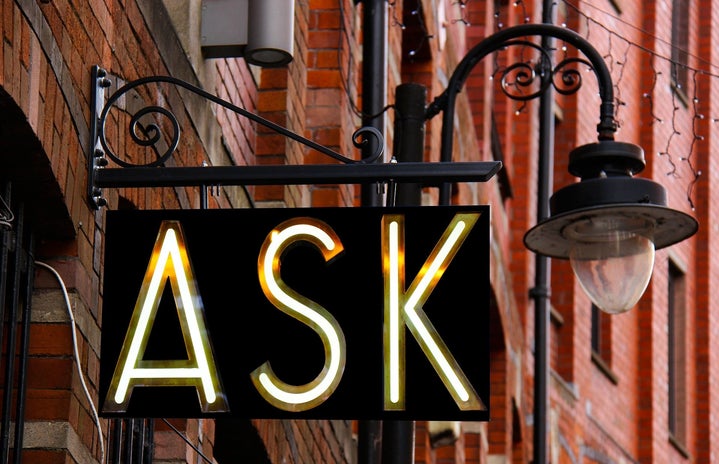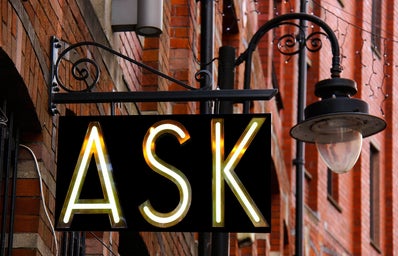Writing a cover letter is one of the most time-consuming parts of applying for jobs and internships. It’s your chance to make a good first impression, and once you send it, you can’t take it back. That’s why making sure it’s perfect is worth it. Weighing in are Lauren Berger, author of All Work No Pay: Finding An Internship, Building Your Resume, Making Connections, and Gaining Job Experience, Katherine Hansen, Ph.D, author of Dynamic Cover Letters and social media strategy consultant Neal Schaffer. Keep these things in mind before clicking send.
1. Proofread
Little mistakes, including spelling, grammar, punctuation and other typos are big no-no’s, especially in cover letters. This should go without saying, but you need to triple check your writing. Mistakes like those can be easily avoided by having a friend read over your cover letter before sending it out or using an additional online spell checker. If you have made this type of mistake before, you’re not the only one. Hansen, who now writes about cover letters and careers, says, “When I was moving to Tennessee [I] sent a mass mailing of cover letters to local employers—with Tennessee misspelled.” Other mistakes like addressing the wrong company or writing a cover letter that is more than a page long can become easily fixed for applicants who take the time to read over their writing.
2. Never use a cookie cutter style
If there is one thing you take away from this article, it’s to not copy and paste the same cover letter for multiple jobs and internship applications. People who read your cover letters can tell when you copy, cut and paste. Hansen says one of the most common mistakes she sees from young people in their cover letters is a failure to tailor the letter to the job specifically. “Cover letters are not one-size-fits-all,” she says. “Job-seekers must use them to describe how they qualify for a specific job and what they will bring to the employer.” She will also toss any letter that begins with “To Whom It May Concern.” Instead, search for who your immediate supervisor would be for the position and address your letter to him or her. Some position postings will even list their name for you!
3. It’s not only about you
If a cover letter is you asking an employer out on a first date, you want to dazzle them, but you also don’t want to turn into Narcissus. Hansen says to make your letter about what you can do for the employer. She notes that not doing this is a red flag that the applicant is probably an inexperienced job-seeker. Just like asking someone out, you need to find common ground that’s relevant and speaks to what the company needs and what you can offer.
4. But you do have to sell yourself
Now that you deleted “To Whom It May Concern” and wrote about what you can offer the company, don’t forget to give a few details about yourself. Lauren Berger recently read a cover letter that was one of the worst she has read to date. “Just yesterday I read a letter that was three paragraphs, included bullet points (strange for a cover letter), and told me nothing about the candidate,” she says. “I read the cover letter and still had no idea where she went to school, why she wanted to work at the company, or where she was planning to be for the summer.” Including details and specifics shows that you put time and effort into your letter.
Related: Collegiette’s Guide To Me Marketing: How To Build Your Personal Brand
5. Think about your personal brand
When giving details about yourself in your cover letter make sure what you’re saying is consistent with your brand. Social media strategy consultant Neal Schaffer gave the example of comparing Tylenol to a generic store brand of aspirin. “Generic aspirin has similar ingredients to Tylenol but people go for the name brand,” he says. “That’s how you want to become and the more that you can brand yourself and differentiate yourself in your letter in one or two sentences is going work to your benefit.” An employer is choosing between you and another candidate. You want to be the Tylenol, not the aspirin. Personal branding consists of representing and pursuing the same ideas, values and passions as seen on your social media and resume. Keep that in mind when typing up your letter.
Writing a cover letter takes time, thought and patience. Don’t let mistakes like typos and poor grammar get in the way of you and your dream position. You have to believe you’re the right person for the job before trying to convince someone else through your letter. This means personalizing your letter, writing equally about yourself and the company while sticking to your personal brand. If you can balance these approaches, you’ll have the recipe for an excellent cover letter.

